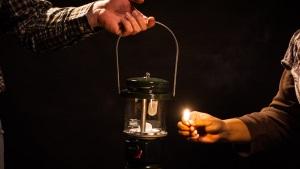Steve Tamayo is a strategist serving with InterVarsity’s Latino Fellowship (LaFe), Creative Labs, Graduate and Faculty Ministries, and Multiethnic Initiatives. You can can support his ministry using this link: donate.intervarsity.org/donate#9101.
Blog Categories:







Add new comment